DOE seeking input on analysis methodology and assumption for estimating total cost of ownership of future advanced vehicle technologies
Green Car Congress
OCTOBER 19, 2011
DOE conducted a preliminary analysis for several fuel/vehicle pathways for present day (2011) and future (2016 and 2030) mid-size cars to examine the potential for technology improvement to reduce the total costs of ownership of advanced powertrain vehicles and fuels to levels comparable to conventional powertrain vehicles and fuels.


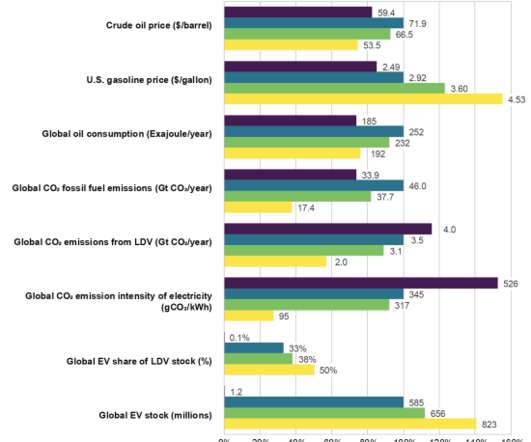








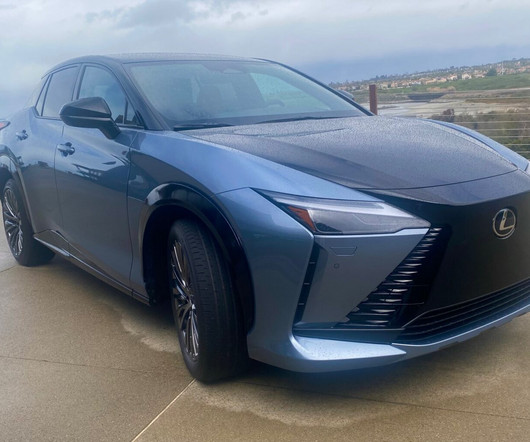




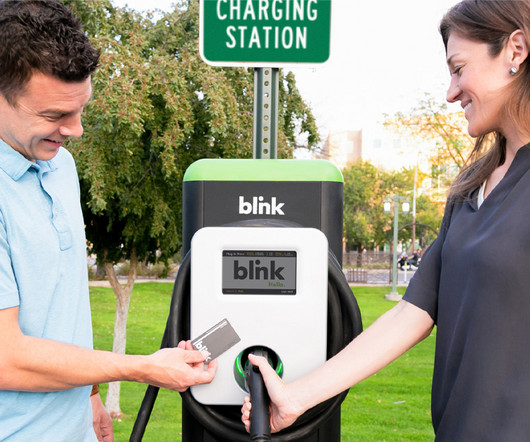




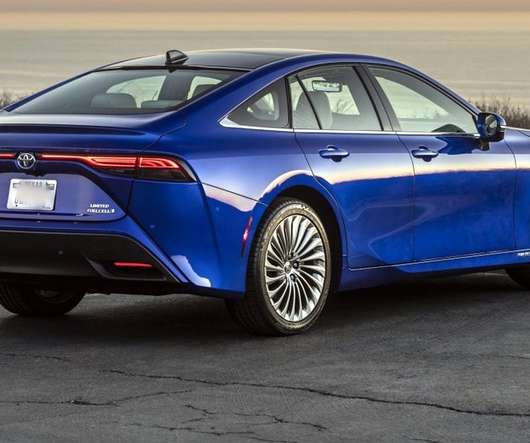
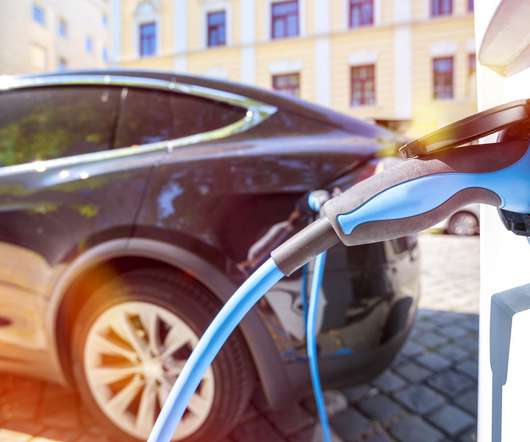

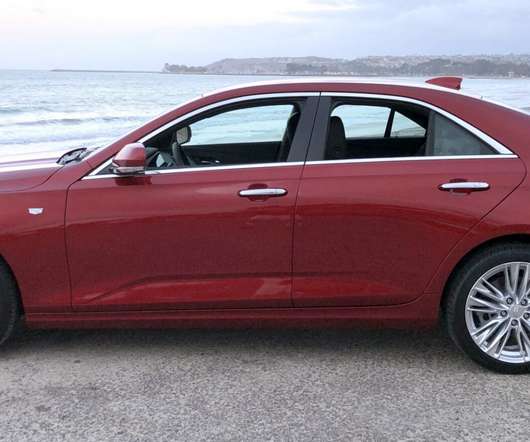
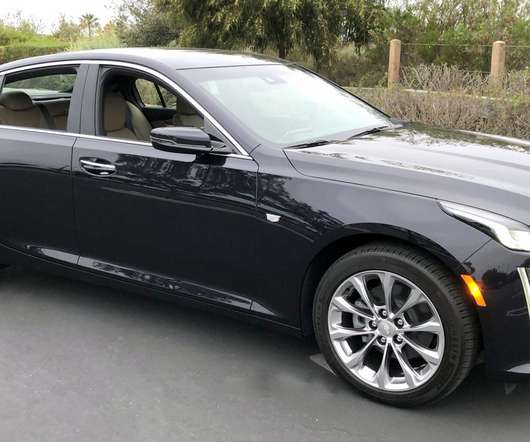








Let's personalize your content